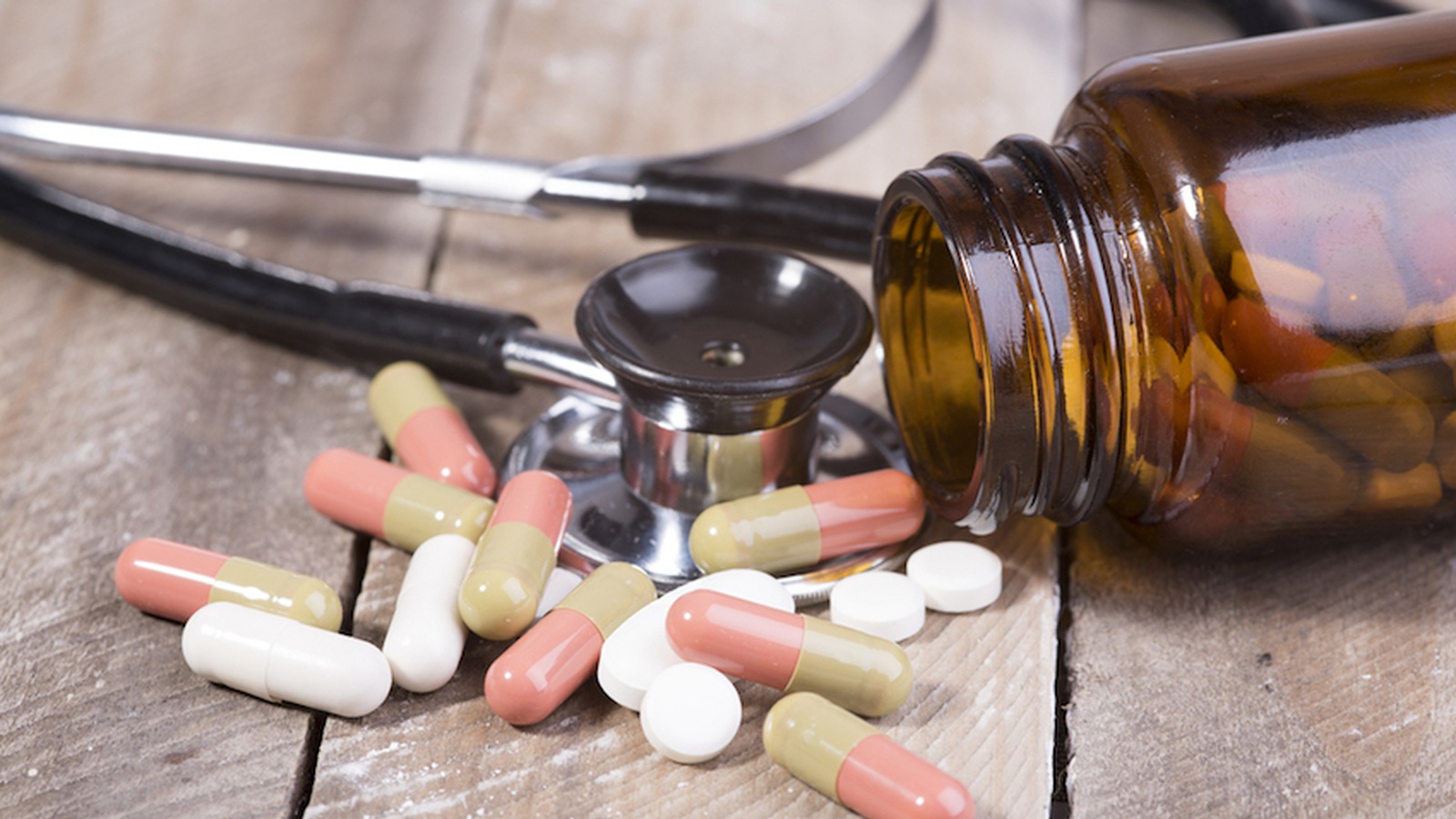What Is Antibiotic Resistance? (And How To Prevent It!)
In August of 2016, Nevada public health officials confirmed that a Washoe County resident had been hospitalized due to being infected with an antibiotic-resistant superbug. A superbug is a strain of bacteria that has become resistant to all antibiotic drugs in America.
What Is The Antibiotic Superbug?!
The superbug is known as Carbapenem-resistant Enterobacteriaceae, or CRE. The particular strain of CRE the patient was infected with is known as Klebsiella pneumoniae. This bug had spread throughout the woman's body, which sadly led to her death. What made this particular bacteria so threatening was that the bug was resistant to 26 different antibiotics - that is every antibiotic available in the U.S.
The woman had previously visited India where she was hospitalized on several occasions due to a femur fracture and a following bone infection. As India has had major problems with superbugs in the past, it is suspected that the patient may have contracted the infection while in an Indian hospital before returning to the U.S.
Fortunately, there have been no reports of anyone else contracting the superbug from the woman, however it is important to acknowledge the seriousness of this potentially fatal health hazard.
This is a eye-opening reminder of how many deadly bacterium are now beyond the control of doctors and how complicated the issues of superbugs will be to control in the future.
Here are some answers to questions you might have about antibiotic resistance:
What Is Antibiotic Resistance?
Antibiotic resistance is when bacteria are no longer sensitive to an antibiotic and can power through and keep on surviving despite the medication it has come in contact with. Essentially, the bacteria change to protect themselves from the antibiotic and the antibiotics no longer have an effect; so the bacteria win the fight and stay alive within our bodies.
How Does Antibiotic Resistance Occur?
- There are a variety of ways in which antibiotic resistance can occur including:Many epidemiological studies have confirmed a direct link between antibiotic consumption and the increase in resistant bacteria strains. This tells us that the more antibiotics are being used, the more these bugs are able to adapt.Overuse of antibiotics is a leading cause of resistance as antibiotics are often incorrectly prescribed (in 30-50% of cases antibiotics are incorrectly prescribed).
- Misuse of antibiotics such as discontinuing the dosage before the full course of antibiotics is complete and deregulated antibiotic products being sold online are the leading causes of antibiotic resistance in today’s society.
- Antibiotics are widely used in both developed and underdeveloped nations as growth supplements in livestock. It is estimated that 80% of antibiotics sold within the U.S. are given to animals to promote growth and prevent infection and disease.
Are Antibiotics To Blame?
Antibiotics have played a major role in extending the lifespan of humans by changing the outcome of bacterial infections. In 1920, people in the U.S. lived an average of 56.4 years, however, in today’s society, the average lifespan of a person in the U.S. is close to 80 years. There is also no doubt that antibiotics have benefitted developing countries with poor sanitation-related illnesses and common foodborne disease outbreaks. Antibiotics have often been the key to survival and have decreased morbidity and mortality as a result of these risks.
The issue isn’t necessarily the use of these antibiotics but rather the misuse and overuse of these medications, as mentioned above.
What Happens If I Become Resistant To Antibiotics?
If you become resistant to certain bacteria that are treated with the use of antibiotics, you may experience the following outcomes:
- You may experience an infection for a longer period of time,
- You may be at a higher risk of having complications and secondary illnesses as a result of the bacteria's inability to be destroyed,
- You may remain infectious to both yourself and to others for a longer period of time, which will increase the overall problem of antibiotic resistance.
6 Ways You Can Prevent Antibiotic Resistance:
- There are many ways that you can protect yourself from antibiotic resistance including:
- If you are experiencing a common cold or flu, this does not typically require antibiotics as this is a viral infection, not a bacterial infection.
- Another tip is to suggest to your doctor that you only want to use antibiotics if absolutely necessary.
- f you must take antibiotics, be sure to take the full dose of antibiotics that you have been prescribed. Finishing the course early is the perfect way for bacteria to change and become resistant next time around.
- If you choose to eat animal products, ensure you are purchasing from an organic farmer.The World Health Organization have released a document stating that antibiotics and other pharmaceutical drugs are being found in our water supply! To avoid this, installing a water filter is a solution that you can implement at home.
- Basic hygiene practices and avoiding contact with infected individuals are also some of the most effective ways to protect yourself and those around you.
What Are Your Thoughts On This Topic & The Way It Will Affect The Future Of Health? Share Your Thoughts In The Comments Below!
If you haven’t already, join our free global challenge at www.GetOffTheGluten.com to receive daily recipes & health tips, access to our private group for support and inspiration, plus before and after testing to track your progress in key areas of your life such as weight, sleep, bloating, skin-conditions, mental health and more!


